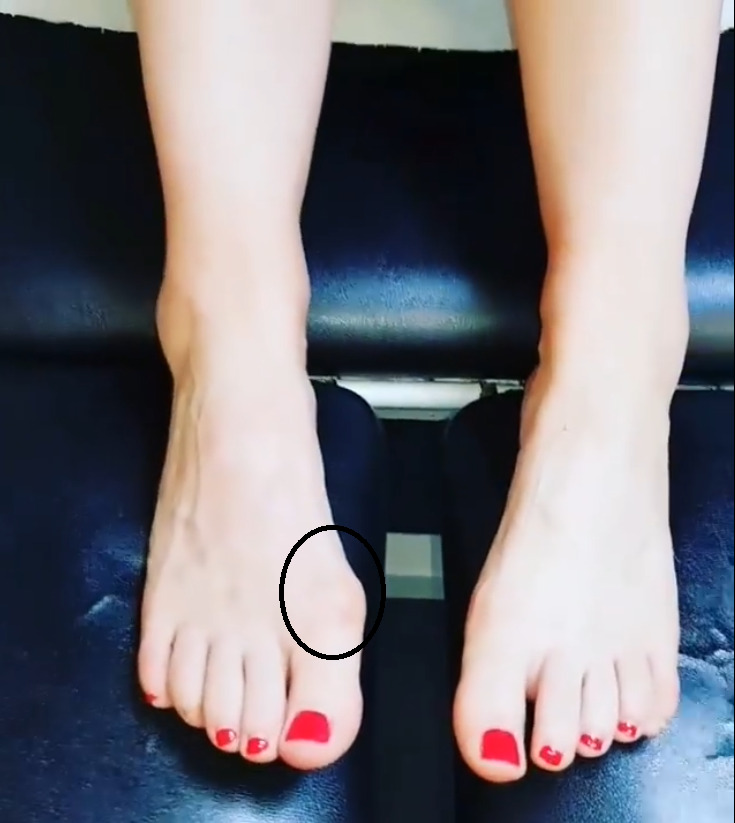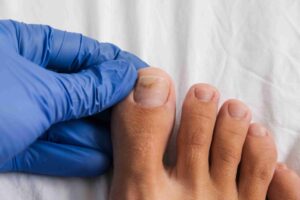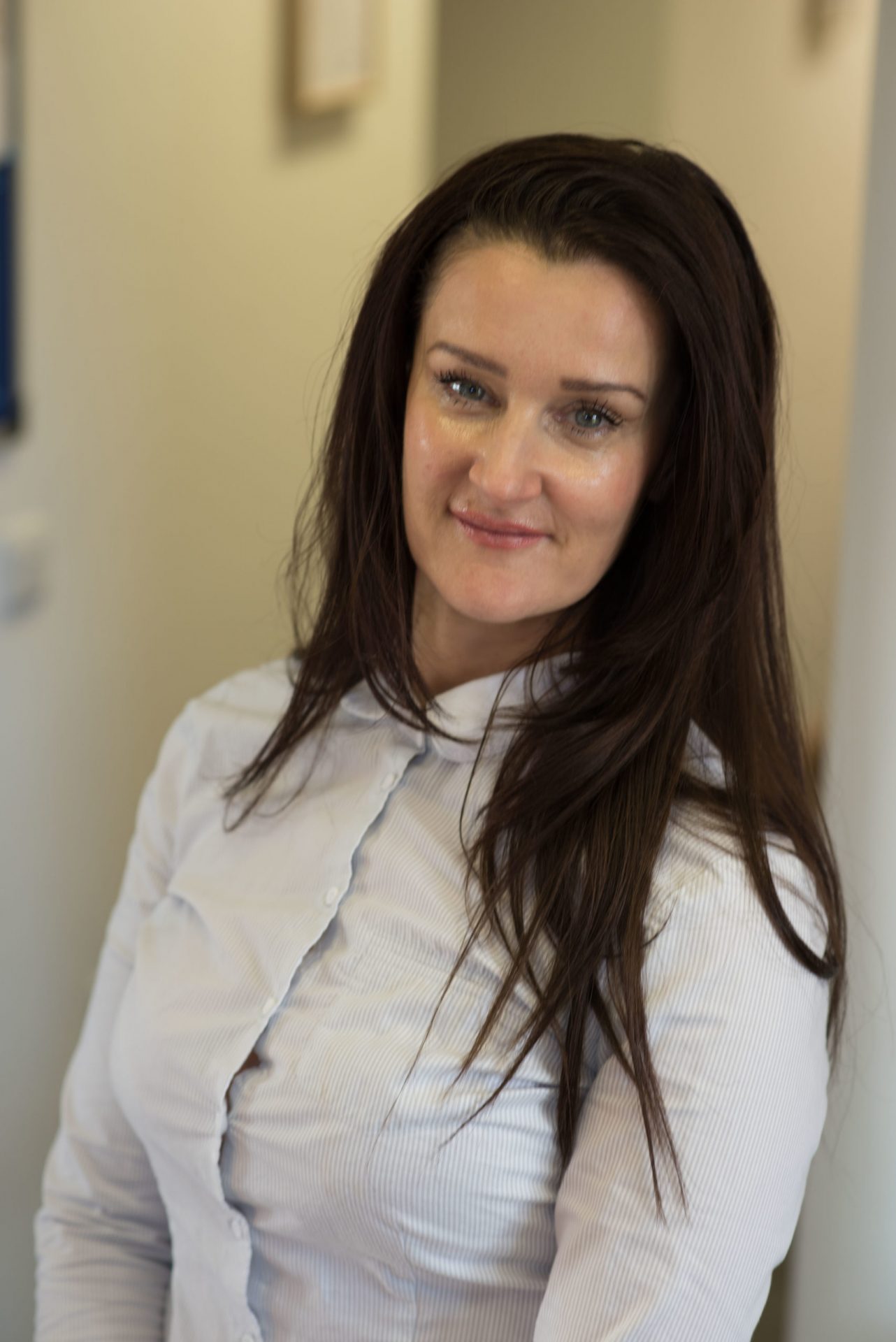What is a Turf Toe? Here are some facts about this condition
Turf toe is a sprain of the ligament underneath the big toe joint, resulting from injury during sporting activities. Simply put, a turf toe is a sprained big toe. It gets the name turf toe because many of these injuries are sustained on artificial turf, like during games of rugby, hockey, sprints and the like.
Turf toe is a condition that is caused by hyperextension (excessive movement – backwards bending of the toe) or hyperflexion (excessive movement – forward bending of the toe) of the ligament. Common sports associated with this condition are football, soccer, basketball, gymnastic and dance.
Symptoms of Turf Toe (Painful Big Toe):
- Swelling and pain around the big toe joint.
- Limited joint range of motion of the big toe.
- Pain and tenderness when bending or pulling the toe upwards, typically lasting for two to three weeks.
- Sudden onset of signs and symptoms that intensify over a 24-hour period if direct trauma is also the cause.
- Gradual onset of signs and symptoms that progress over time will be evident if repetitive trauma is the cause.
- If the injury is great enough a “pop” can be felt. Usually the entire joint is involved, and toe movement is limited.
Causes of Turf Toe (Painful Big Toe):
- Sudden upward bending of the big toe causing a sprain or tear to the ligaments underneath (i.e If you are tackled or fall forward and the toe stays flat, causing hyperextension of the toe).
- Hyperextension, repeated over time causing eventual wearing and spraining of the ligament under the big toe can also be the cause.
- Non-supportive flexible soled shoes.
- Increased range of motion in the ankle joint.
Turf toe is then graded from 1 to 3 depending on its severity once it was diagnosed.
- Grade 1. The ligament on the base of the big toe has been stretched causing pin-point tenderness as well as mild swelling.
- Grade 2. A partial tearing of the ligament with more diffused tenderness, moderate swelling, and bruising. Range of motion is limited and also painful.
- Grade 3. The plantar ligament is completely torn causing severe tenderness, swelling, and also bruising. It is difficult as well as painful to move the big toe.
Moreover, the initial treatment for turf toe is a combination of rest or reduced activity, regular icing, and compression with bandages. It is also important to elevate the affected foot (RICE). This approach allows time for the injury to heal, reduces swelling and redness and reduces pain. Hence, proper care for turf toes is critical as continuing to walk and bear weight on the damaged joint can worsen the injury, prolong your recovery, and keep you off the field.
Are you suffering from this condition? One of our podiatrist can assist and recommend what treatment options are best to get you back on track. ✅
Schedule an appointment here or you may call us at 44 (0) 207 101 4000. 📞
We hope you have a feetastic day! 👣☀️
-The Chelsea Clinic and Team
Check our latest blog about Subungual Exostosis here https://www.thechelseaclinic.uk/subungual-exostosis-💥❔❕/
Check our blog about Acute Lateral Ankle Sprain here https://www.thechelseaclinic.uk/acute-lateral-ankle-sprain/
Read our blog about High Ankle Sprain here https://www.thechelseaclinic.uk/high-ankle-sprain/
Check our article about Ankle Injuries here https://www.thechelseaclinic.uk/ankle-injuries-2/




